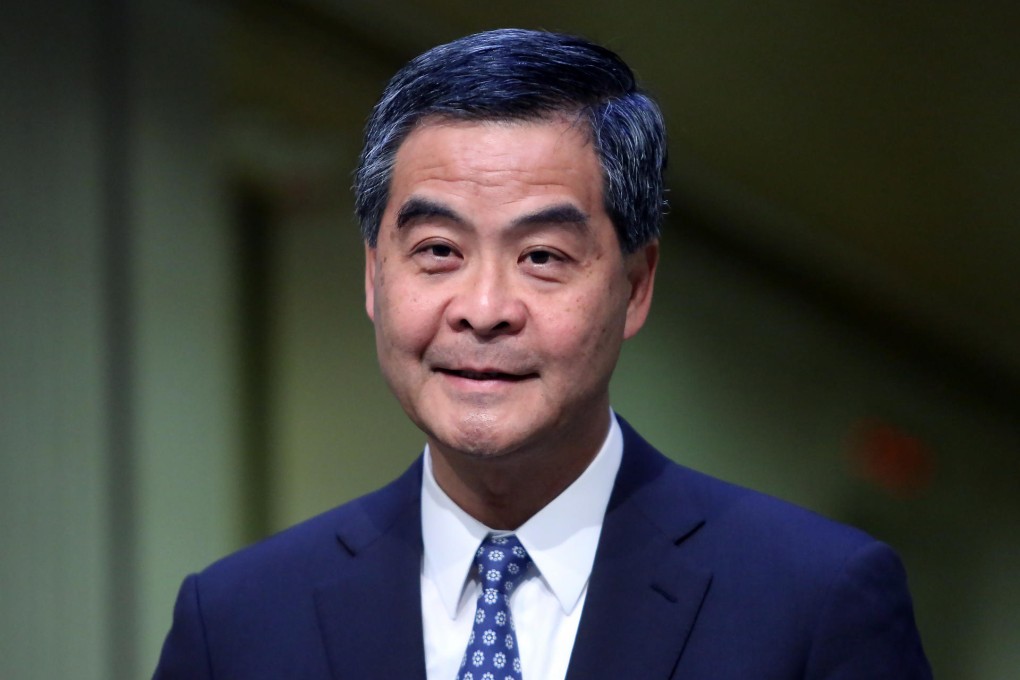Hong Kong's laissez-faire economic policy is 'outdated', says CY Leung
Chief executive says free-market approach hinders development compared to competitors such as Singapore and South Korea

Chief Executive Leung Chun-ying has made his strongest call yet for Hong Kong to ditch its hands-off economic policy, calling it outdated and arguing that it was time for the government to take a leading role in the city's big business decisions.
He revived the issue of giving up the "positive non-intervention" policy, first floated in his 2012 election manifesto, in an interview with Xinhua published yesterday - his first since the failure of his political reform package in June. Leung had suggested Hong Kong should build an appropriately proactive government and drop its laissez-faire approach.
Leung said the policy, inherited from colonial times, was outdated in the face of a changing global economy and increasingly intense competition.
"One of the reasons I put forward such a new idea is because the competitors of Hong Kong have been very proactive in [addressing] the economic and livelihood issues," he said.
"As an economy to compete with places like Singapore and South Korea, Hong Kong has no choice but to consider what role the government should play."
That role should be one of a proactive leader and coordinator with the business sector, he said, noting Singapore's advantages as a member of the Association of Southeast Asian Nations and South Korea's success in developing its creative industry.
The chief executive said his government should seize the opportunity to act as a "super connector" in the mainland's "One Belt, One Road" initiative, adding that a special bureau might be set up to work on the matter.